I’ve been catching up with my summer podcasts recently and finally got back to Thompson Owen’s excellent Sweet Maria’s Podcast. There was only one episode over the summer but it has tremendous resonance with the mezcal world. I’ve brought up coffee and mezcal before because they are two products made in the so-called global south which we in the global north consume and fetishize considerably. Owens founded Sweet Maria’s way back in 1997 to sell green coffee beans here in the United States so home roasters like me are frequent customers but also part of a larger community of obsessives who watch roasting videos and constantly gossip about everything up and down the coffee production chain. Sound familiar?
This episode is a reflection on his recent trip to Rwanda and how coffee is marketed. You could almost replace the word “coffee” with “mezcal” and “Rwanda” with “Mexico” and no one would notice because everything he says about marketing, globalism, and labor is the same in the mezcal world. It’s the story of how globalization masks the work and identity that goes into things. We stand at the very end of this production line but we want a direct connection to where it originated. So, we love the stories about who produced something, how it was done, the connections to a tradition, and any other anecdotes that make the story bigger and brighter. Just like Fox Mulder, we want to believe in a story that ties us to something greater. After all, we build our lives around stories and desperately want to believe that we’re connected to something bigger. It would really suck if there wasn’t a connection – if things weren’t somehow more meaningful.
Of course, I’m hyper attenuated to this tarball of ideas and issues because I’m writing about them all the time and, consciously or not, reproducing stories. I always try to pull apart the narrative to see what is really going on and answer the questions about what makes it tick. Pulling apart the strands of narrative, identity, history, agriculture, and economics in order to understand these things called mezcal, globalization, coffee, the present will only get you so far exactly because we intuitively understand stories. But how do you make sure that they’re honest and not only come from the right place but deliver a story that is honest?
Make sure to scroll through the post to the photos of his recent trip. They’re fantastic.

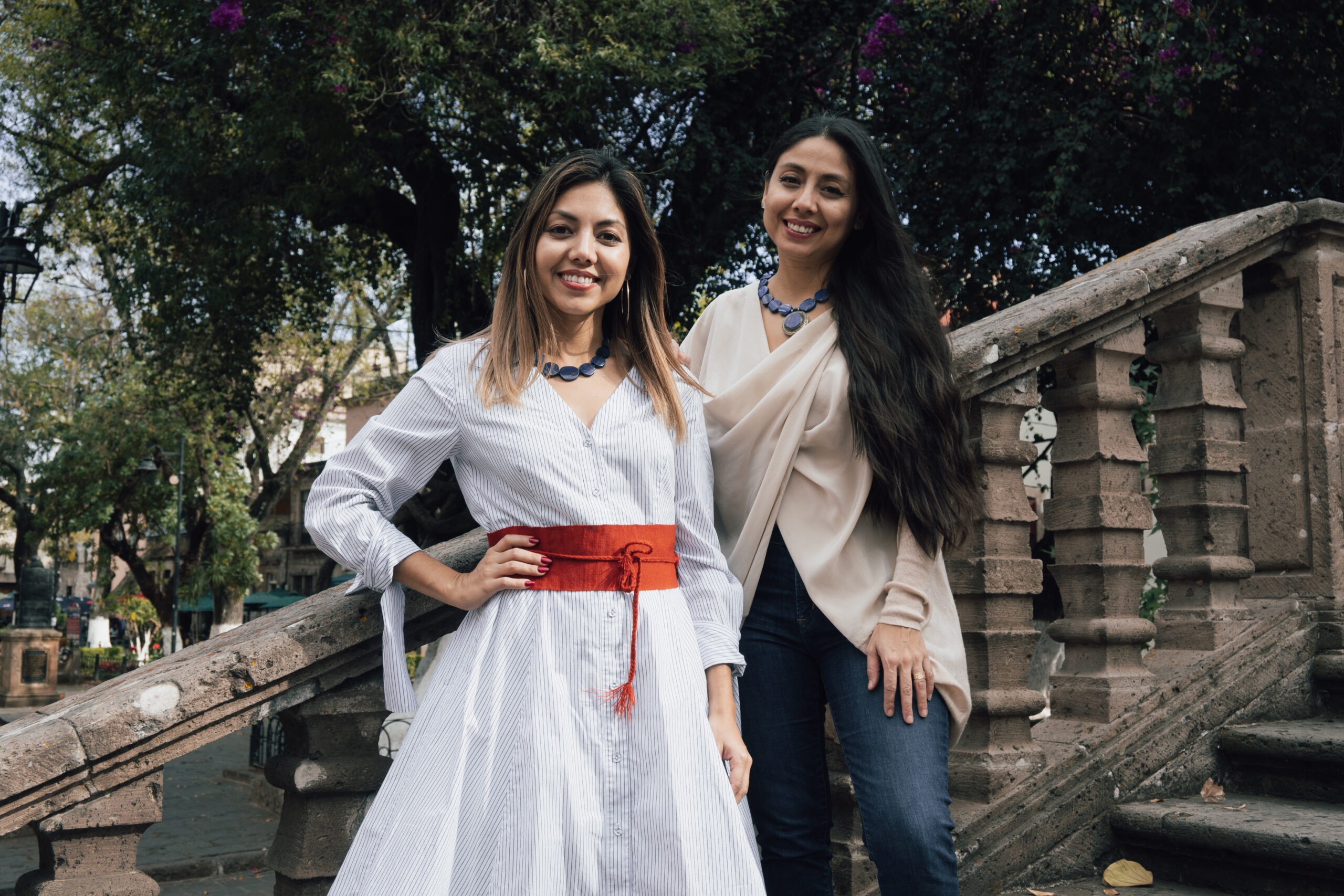
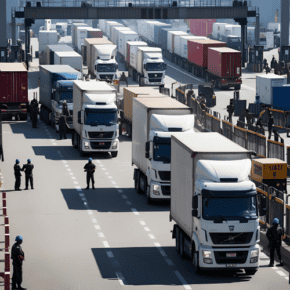
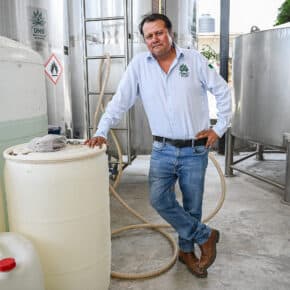
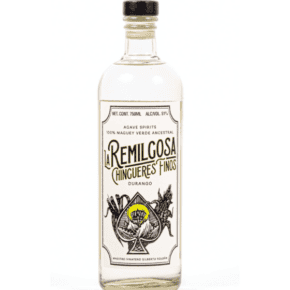
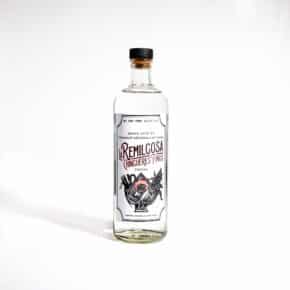
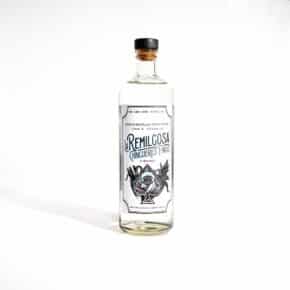


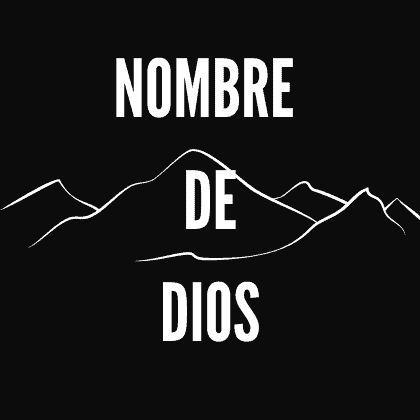



Leave a Comment